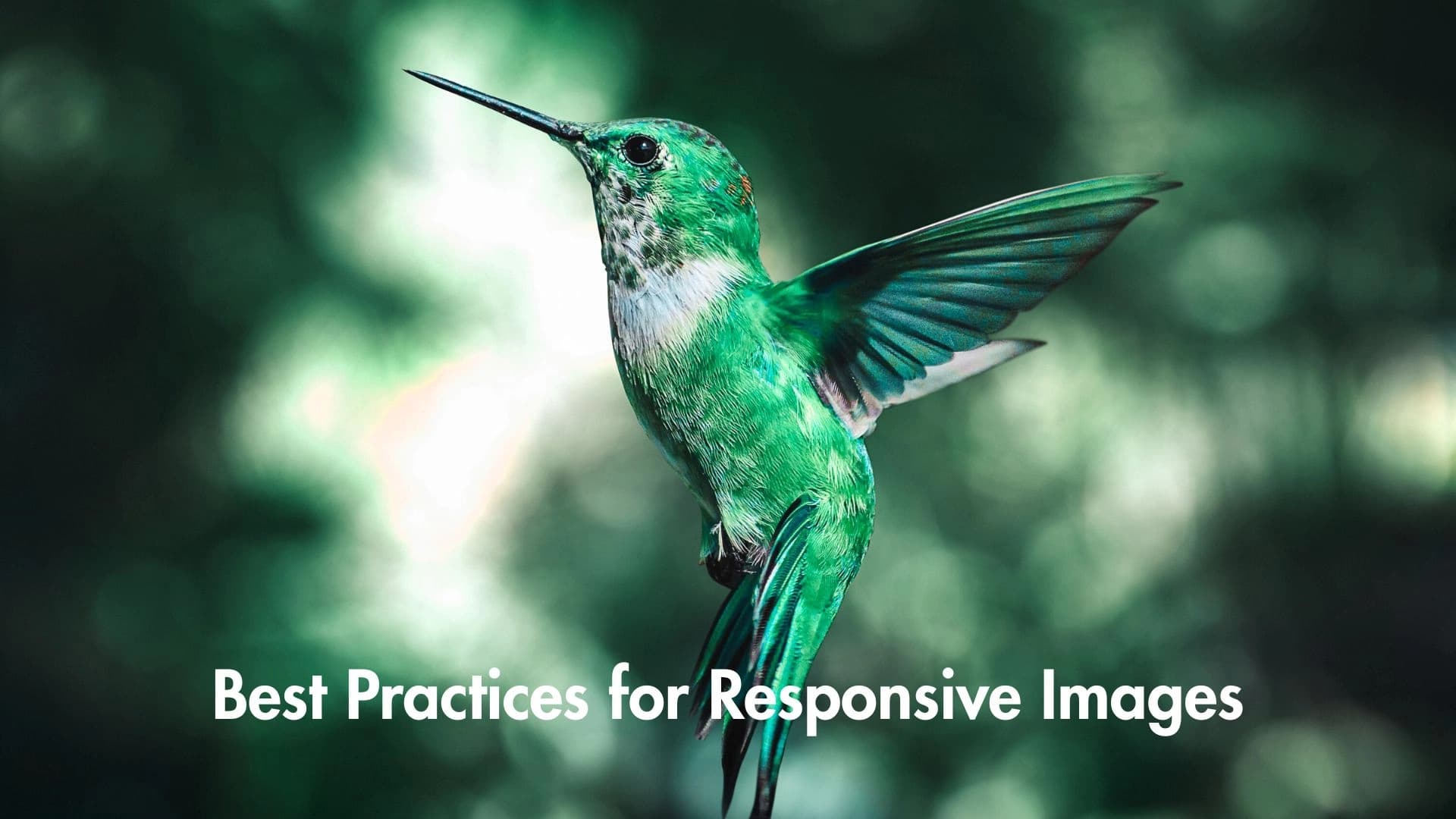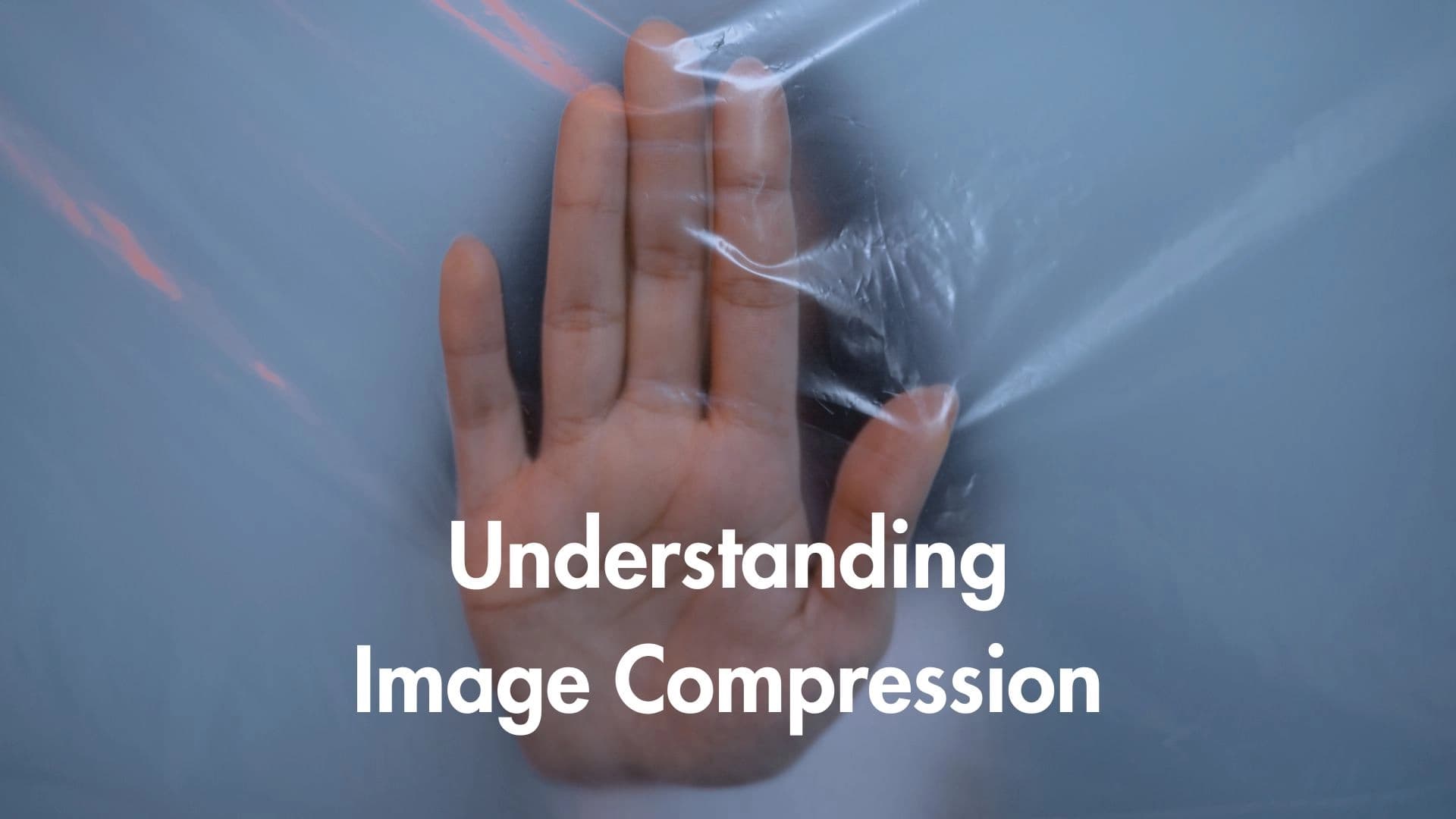Image Metadata Viewer & EXIF Remover
View detailed information about your images including format, dimensions, camera settings, GPS location, and more. Strip metadata for privacy before sharing online.
Drag & drop an image here, or click to select
Supports all major image formats
Upload an image to view its metadata and format information.
All processing happens in your browser. Your images are never uploaded to any server.
Why use our Metadata Viewer
Complete Metadata Analysis
View all embedded information including camera settings, GPS location, dates, software used, and more. Get complete insights into your image data.
Privacy Protection
Strip all metadata including GPS coordinates and personal information before sharing images online. Protect your privacy with one click.
Format Detection
Instantly identify image format, dimensions, file size, and MIME type. Perfect for web developers and photographers.
100% Client-Side Processing
All processing happens in your browser. Your images are never uploaded to any server, ensuring complete privacy and security.
What is Image Metadata?
Image metadata, also known as EXIF data, is information embedded within image files that provides details about how, when, and where the photo was taken. This includes camera settings like ISO, aperture, shutter speed, focal length, GPS coordinates, timestamps, and even the camera model used.
Why Remove Metadata from Images?
While metadata can be useful for photographers to track their settings, it can pose privacy risks when sharing images online. GPS coordinates can reveal your home address or frequented locations, timestamps can expose your schedule, and camera serial numbers can be tracked.
Our tool allows you to view all this information and strip it before sharing, protecting your privacy while maintaining image quality.
How to Use the Metadata Viewer
- Upload your image using drag & drop or file selection
- View all metadata including EXIF data, GPS location, and camera settings
- Click "Strip Metadata" to remove all embedded information
- Download your clean image with no metadata
What Information Can You See?
- File Information: Format, size, MIME type, dimensions
- Camera Data: Make, model, lens information, software used
- Photo Settings: ISO, aperture, shutter speed, focal length, flash status
- Location Data: GPS coordinates, altitude (if available)
- Timestamps: Date and time photo was taken and modified
- Copyright: Artist name and copyright information (if present)
Frequently Asked Questions
What is EXIF data?
EXIF (Exchangeable Image File Format) data is metadata embedded in images that contains information like camera settings, date/time, GPS location, and more. This data is automatically added by cameras and smartphones.
Can I view metadata from any image format?
Yes, our tool supports all major image formats including JPEG, PNG, WebP, HEIC, TIFF, and BMP. Different formats may contain different types of metadata.
Is my image uploaded to a server?
No! All metadata extraction and processing happens entirely in your browser. Your images never leave your device, ensuring complete privacy and security.
Why should I remove metadata from images?
Metadata can contain sensitive information like GPS coordinates of where a photo was taken, camera serial numbers, or personal information. Removing it before sharing images online protects your privacy.
Does removing metadata affect image quality?
No, removing metadata does not affect the visual quality of your image. Only the embedded information is removed; the actual image pixels remain unchanged.
Related Articles

5 Best Practices for Using Responsive Images on Websites
Learn 5 essential best practices for implementing responsive images using srcset, sizes, the picture element, lazy loading, and source optimization for faster, ...

7 Essential Tips to Optimize Images for Peak Web Performance
Boost your website speed with these 7 image optimization tips, covering format selection, compression, resizing, responsive techniques, lazy loading, CDNs, and ...

Understanding Image Compression - Balancing Quality and File Size
Learn about image compression, the difference between lossless and lossy methods, common file formats like JPEG, PNG, WebP, and how to optimize images for the w...